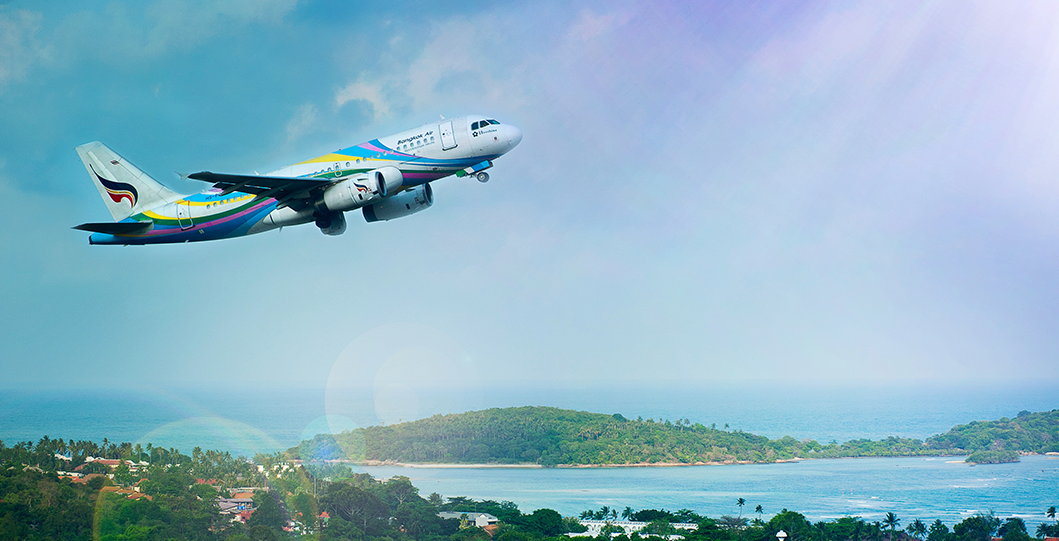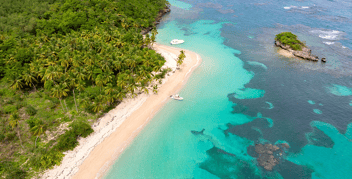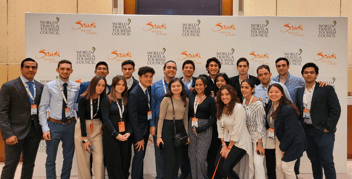From romance to depression: the other face of tourism
Is tourism a powerful tool for promoting social equity, inclusion, sustainability, and, of course, the circular economy? To answer this question, we have to go to something more fundamental, namely, to answer the following: what is tourism?

Is tourism a powerful tool for promoting social equity, inclusion, sustainability, and, of course, the circular economy? To answer this question, we have to go to something more fundamental, namely, to answer the following: what is tourism?
If we make a historical analysis, we can find four significant moments in the evolution of tourism. The first great moment is the act of survival. This fact motivated people to move long distances to find food and shelter. The second great moment is religious pilgrimages from one village to another to search for the worship of sacred or mythical beings. Finally, the third great moment is education. People traveled to explore and get to know the world; those trips inspired great novels and served as a school for the higher classes of society. Fortunately, traveling was an extraordinary way to educate oneself and acquire knowledge.
The fourth and last great moment arose with the revolution in the means of transportation. Locomotives and ships were capable of transporting people in a relatively efficient manner. As a result, the first travel agencies emerged. For the first time, travel was not only the privilege of a few but became increasingly accessible to everyone. Travel, sadly, was no longer considered a direct form of education; it was more an act of leisure, recreation, and pleasure.
If we analyze the previous paragraph, we will understand that tourism arises, almost inevitably, as a natural act of the human being to know the world, his world. But, at what point did tourism lose its essence? When did it stop being an educational activity and become a lucrative empire? Why did tourism go from being an elite activity to a mass activity? And, subsequently, a severe threat to the people; where did the mistake lie, where was the error?
The accessibility of tourism brought with it the inevitable massification. New destinations, faster and cheaper forms of transportation, new social classes that could afford a trip, and more excellent migratory facilities for tourists, among others, emerged. As a result, tourism gradually became a monstrous money-making machine. Multinational tourism companies were born, and many countries invested in tourism thanks to the promising outlook for the activity. Large-scale transformations were prioritized as workers mobilized from all over the world. However, everyone saw the good, but very few saw the bad that was to come.
With the massification of tourism, many villages lost their identity, labor migration brought severe consequences for the economic activities of minorities, and family dynamics began to change. Moreover, in the large tourist cities, poverty became evident, the lack of essential services came to light, violence rates soared, and the deterioration of the environment was worse than ever.
Some villages saw tourism as an economic means of survival. Please think of how hard it was to resist such a beautiful thing, something so promising, capable of moderating all the community's ills. A means to bring more excellent stability to the local population but which, indisputably, no private sector company would let go. Using available resources, more than one unscrupulous businessman dared to offer peace and welfare to the community in exchange for labor and the loan of its natural resources. The abuse became unquestionable with time. This abuse became an evil, an economic and social cancer that still, in 2021, affects many populations.
It is then, when we reason and more questions than answers arise: who should obtain the direct benefit of the tourist activity, the inhabitants of the business people/investors, why is the current tourist model unsustainable, unfair, and not inclusive at all?
To discuss this topic, we need to analyze the empowerment of the people. Allows them to self-regulate and manage tourism activity with minimal intervention by private companies, giving way to a trend that has not yet become fashionable: socializing tourism. No, not. There are countless factors involved in the process. For example, who will provide the tools if a town or community does not know how to market its tourism product? I know some will say universities. But is it the universities' responsibility, and what role does the government play? Another alternative would be external advice/consultancy, but that costs money; who will pay for it? The government, sectorial funds, hidden and not very understandable projects of some public institutions, of course not, let's not lose sight of the approach.
And in the major tourist destinations, can anything be done? Do you think the private sector will open up to the trend of socializing tourism? Come on. It is ridiculous to say that the moon is of cheese and that Jeff Bezos has little interest in capitalism. No business person would be willing to give way to socializing tourism, none. Of course, "good deeds" will be disguised as little lambs. Still, in the end, they are nothing more than sharp knives aimed directly at the local population in an agonizing wait to attack their victim. So, who are the real lambs? And the government? Well, it is the government. How much can we expect?
For example, here in Cancun, based on my life and professional experience, it is not feasible to implement socializing tourism, mainly due to the significant economic interests of the business community. Additionally, the magnitude of the destination and the importance it represents at a national level make the transition to social tourism even more difficult. So, yes, it is possible, but it is like trying to stop the logging of the Amazon by stopping the consumption of toothpicks.
My criticism of socializing tourism is and will be wholly positive: Enough of a mass tourism model that harms the environment, the economy, culture, and society. It is urgent to change towards a more humane tourism model, less concerned with excessive and aberrant capital accumulation (remember Jeff Bezos?). We need an inclusive model that seeks the common good and is fair and equitable to all parties. Unfortunately, we have not even been able to heal the wounds that tourism has caused on Earth yet. We are already looking for new alternatives for leisure and recreation in space. It is ridiculous.
Artículo de divulgación:
Mtro. Edwin Alberto Zapata Canto, Universidad Anáhuac Cancún
edwin.canto@anahuac.mx
Publicaciones Relacionadas

Why is it important to understand the effects of Climate Change on the...
The Intergovernmental Panel on Climate Change (IPCC) affirms that human activities are responsible for the dramatic increase of greenhouse gases...
Leer más >
Anáhuac Cancun University participates in the World Travel and Tourism...
Anáhuac Cancun University participated with a delegation of young students from the international campus in the World Travel and Tourism Council...
Leer más >
